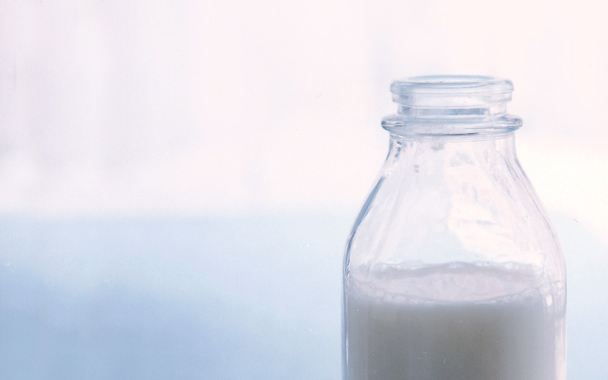Raw milk has been much on my mind of late. Earlier this month, legislators in my home state, Vermont, approved a bill that would allow farmers to sell up to 50 quarts of unpasteurized milk per day. Vermont is one of 28 states where it is legal to sell raw milk, even though the Food and Drug Administration (FDA) has issued warnings urging people to avoid consuming it due to possible contamination from illness-causing bacteria such as E. coli, Salmonella, and Listeria. (Strangely, the FDA has issued no such dire warnings against packaged greens that can harbor some of the same nasty bugs.)
I happen to think that the decision to consume or eschew raw milk products should be left up to the consumer. So I was very interested to see a British researcher’s recent findings: The raw sheep milk used in making feta cheese in Greece contains friendly bacteria that kill germs like Listeria.
“We found some strains could produce up to three different natural substances to fight different food pathogens,” Panagoitus Chanos of the University of Lincoln told the Daily Mail.
Although more research needs to be done, Chanos hopes that science will someday be able to harness these friendly bacteria to prevent Listeria contamination in food—a job that today belongs to synthetic additives and preservatives.
I’d like to think that Vermont lawmakers were motivated by such lofty concerns. But in the end, it probably came down to dollars and cents. The financially strapped dairy industry still represents a large voting bloc here, and there’s an election coming up this fall. And, oh yeah, farmers rake in three times more cash for raw milk than they do for pasteurized.




 Pinterest
Pinterest


